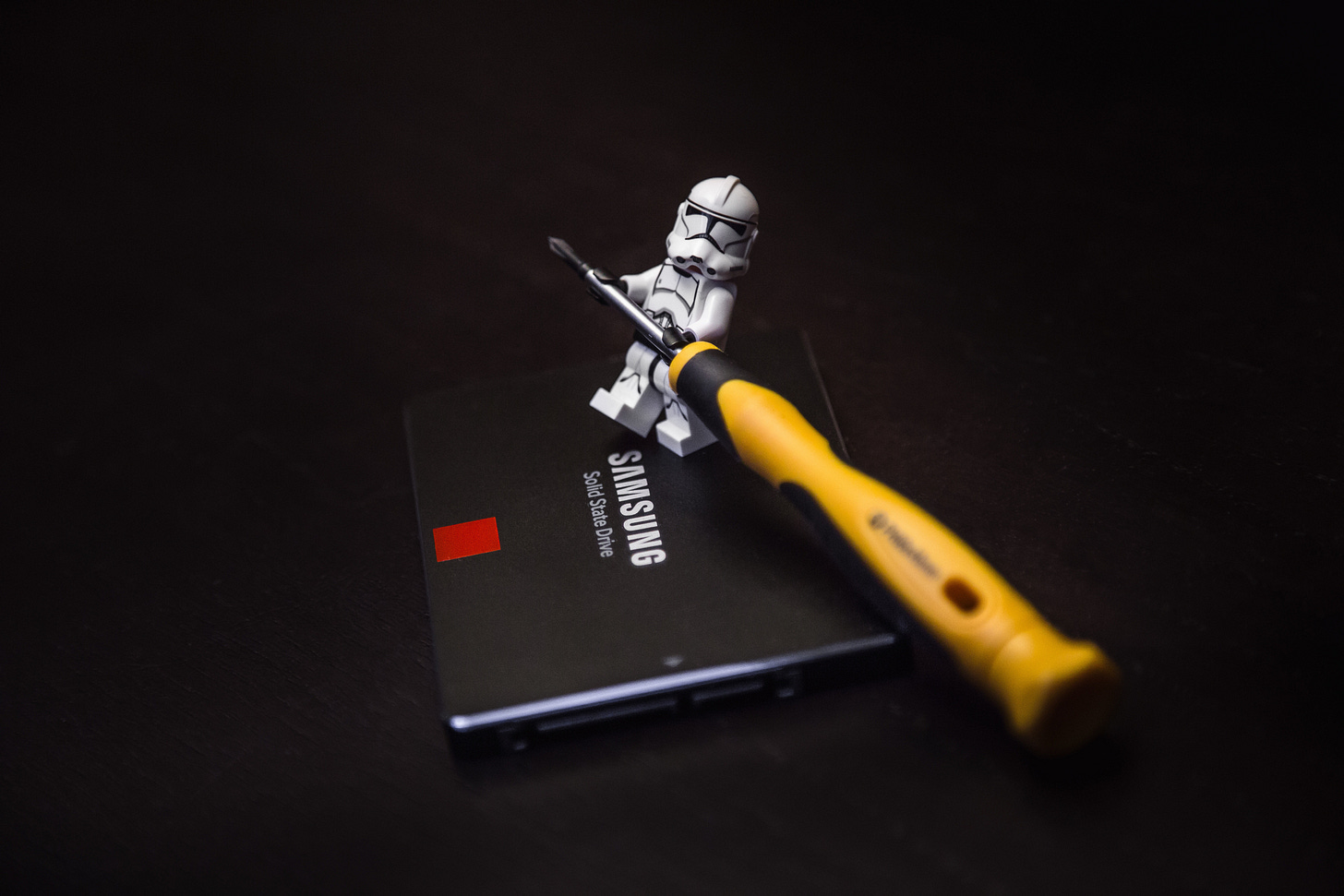In my day job I am increasingly confronted with clients asking me about AI pronunciation trainers. It’s a slightly difficult question for me to answer - not least because I don’t want to do myself out of a job, or to seem like I am worried that they are better than me! But are they actually any good? Or just another overhyped tech fad? Read on for my personal take, based on what my clients have told me about their experience.
Let's start with the perks because, let's be honest, they're pretty tempting:
Accessibility is a Game-Changer: Forget expensive tutors and rigid schedules. These apps are ready to go whenever you are. That's got to be a win. (But do you really want to practise your vowel sounds on the peak hour train?!).
Instant Gratification: No more waiting for teacher feedback! Get immediate scores and corrections. Instant feedback is great for motivating some people, but others find the ‘bluntness’ of app-based feedback debilitating.
Gamified Learning: Let's face it, pronunciation practice can be a bit of a grind. Turning it into a game? Genius (in theory).
Now for the reality check – because nothing is ever quite as perfect as it seems.
The "Robot Voice" Risk: Can an algorithm really capture the nuances of natural speech? I'm sceptical. You risk sounding less like a fluent speaker and more like a malfunctioning GPS - I would go so far as to say that fluency requires mistakes.
Over-Reliance and the Human Element: Spoken language is about connection. Can an app teach you how to read a room, understand sarcasm, or adapt to different communication styles? Doubtful.
Data Privacy: Just something to bear in mind: your voice data is being recorded and analysed.
Motivation and Engagement: As I wrote about here, understanding the theory is really important, and building bridges between theory and reality are really quite nuanced. I’m not certain an app can achieve that.
But wait, there's more.
The AI Perception Problem
First up, let's talk about how these apps actually ‘hear’ you, because it’s not as well as they'd like you to think. AI, for all its fancy algorithms, still struggles with the complexity of human speech. It's trying to fit your unique voice into pre-programmed boxes, often missing the subtleties that make speech ‘human’.
Remember when voice assistants first came out and couldn't understand anyone with a non-standard accent? We're dealing with a similar issue here. The AI might be telling you your pronunciation is wrong when in reality, it's just not computing your particular way of speaking.
Equally, it might just be plain wrong. I had a client show me the way his app would consistently fail to pick up the unreleased final plosives on certain of his words, rating him 0% for accuracy. Yet when listening to this client I could, as a native speaker, find no fault with his pronunciation of this word. This is just plain demoralising!
The Accent Dilemma
Now, onto the thorny issue of accents. These apps often push for a ‘standard’ pronunciation – usually some form of General American. But as we know, there's no such thing as a "standard" accent in the real world.
English is a glorious mess of regional variations, each with its own unique flavour. Is it right to let an app dictate that one specific accent is the ‘correct’ one? Frankly, it’s not the biggest issue I’ve talked about in this post. But if using an app it would definitely be sensible to know what variety it is teaching you, and ensure that when you engage with other literature or audio-visual material it matches with what the app is using.
Learning Pronunciation is Really Personal
We're all walking around with our own linguistic baggage – our native language, our regional dialects, even the shape of our mouths and positioning of our teeth. These factors all influence how we produce sounds.
An effective pronunciation coach takes all of this into account. They work with your unique linguistic profile, your physical characteristics, and your personal goals. They understand that the journey from point A to point B isn't the same for everyone.
Can an app do that? Can it understand that your difficulty with a certain sound might be due to the phonemic inventory of your first language? Or that your struggle with certain vowels might be because of the positioning of your tongue? Can it give you highly personalised instructions that guide you to the most appropriate pronunciation for your linguistic circumstances? I don’t think the apps have quite cracked all of this yet.
The Bottom Line
I'm absolutely not saying AI pronunciation apps are useless. They can be a handy tool in your language learning toolkit. But they're just that – a tool, not a complete solution. And like all AI tools, they should be used with your eyes (or ears!) wide open to the fact that they are not always right - do your homework before using these apps.
Real pronunciation improvement comes from understanding the mechanics of speech, getting personalised feedback, and lots of practise in real-world contexts. It's about understanding the balance between how you feel about your accent, your perception of speech sounds, your physiology and your linguistic heritage and then applying that understanding to the production of speech sounds. I’m not convinced these apps can do all of that.
So by all means, play around with these apps. But don't forget the importance of human interaction, personalised instruction, and embracing the wonderful diversity of English accents out there.







Great insights on AI pronunciation apps. You really highlight their pros and cons well. I enjoyed reading this.